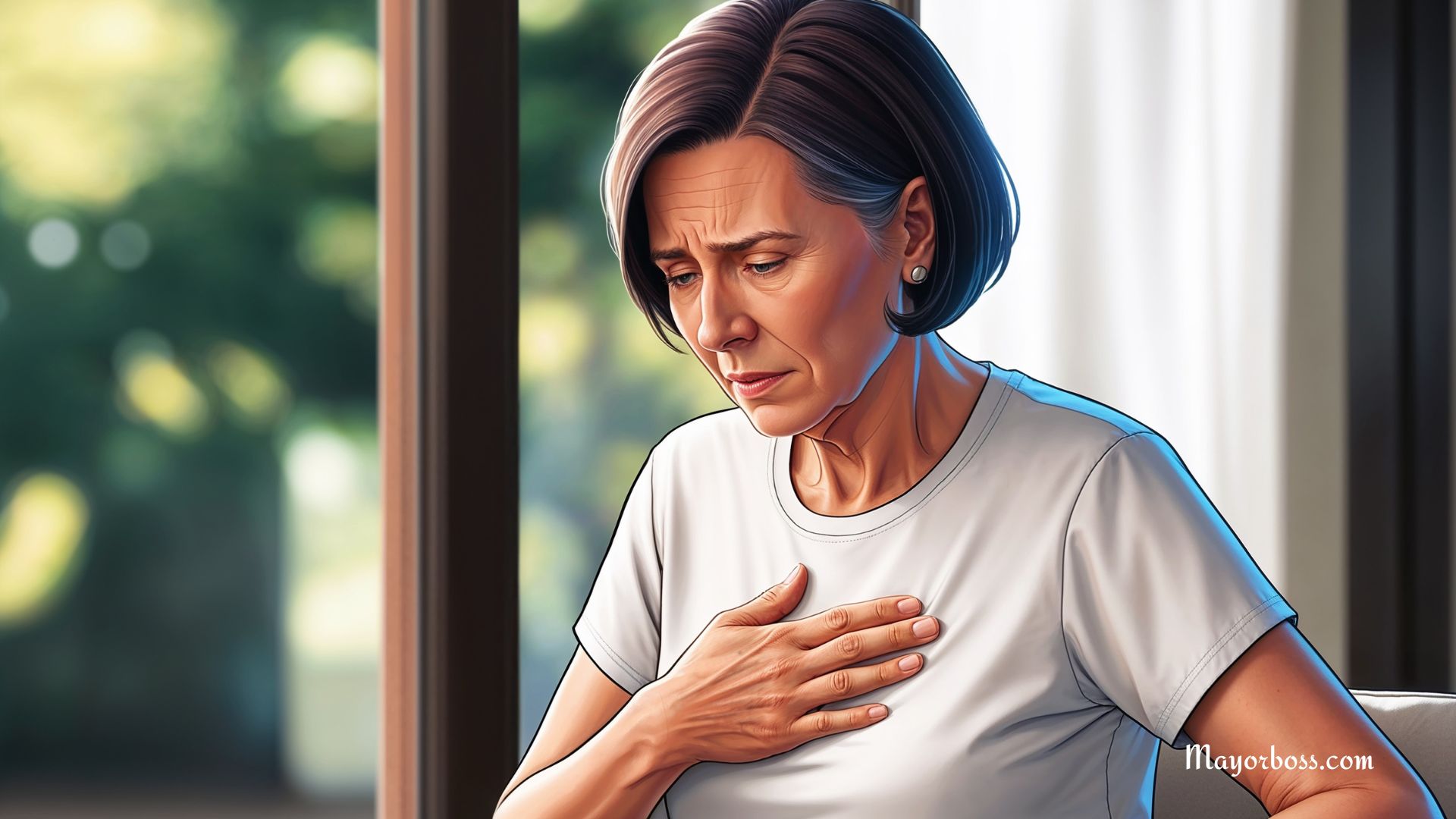5 Side Effects of High Cholesterol
High cholesterol can cause serious health problems if not treated. Your body needs some cholesterol to work properly, but too much—especially the “bad” LDL cholesterol—can trouble your heart, brain, and blood flow. Here are five major side effects of having high cholesterol.

High Cholesterol Can Cause Plaque Buildup in Your Arteries
One of the biggest problems with high cholesterol is that it can cause plaque to build up in your arteries. When LDL cholesterol levels are too high, they start sticking to the walls of your blood vessels. Over time, this buildup hardens and forms something called “plaque.”
Plaque is not harmless—it makes your arteries narrower, which makes it harder for blood to flow through them. This condition is called atherosclerosis. This makes your heart work much harder to pump blood through these clogged arteries, which can increase your chance of having a heart attack or stroke. Once plaque forms, it is very hard to get rid of, so it’s better to prevent it in the first place.
Chest Pain
When blood flow is reduced, another problem can happen: chest pain, also known as angina. If your coronary arteries—the ones that supply blood to your heart muscle—get clogged with plaque, your heart may not get enough oxygen. This can lead to chest pain, especially when you’re physically active or stressed.
Angina usually feels like squeezing or pressure in the chest, but it can also spread to your neck, shoulders, or arms. It’s not always a heart attack, but it is a significant warning sign that your heart isn’t getting the blood it needs. Experts recommend that if you have chest pain like this, you should get medical help, as it could be a sign of serious heart problems.
Poor Circulation in Your Arms and Legs
High cholesterol doesn’t just affect the arteries near your heart—it can also affect blood flow to your arms and legs. This condition is called peripheral artery disease (PAD). PAD happens when plaque builds up in the arteries that carry blood to your limbs, which reduces blood flow. Because of this, you might feel pain, cramping, or tiredness in your leg muscles, especially when you walk or exercise.
Some experts say that PAD can really affect your quality of life. It can even cause sores or wounds on your feet or legs that heal very slowly because of poor blood flow. If you notice unusual pain or changes in your skin, you should see a doctor right away.
Stroke
Plaque buildup doesn’t just put your heart at risk—it can also affect your brain. If a blood clot forms in an artery that is narrowed by plaque and blocks blood flow to your brain, it can cause a stroke. A stroke happens when part of your brain doesn’t get enough oxygen, which can cause sudden numbness, confusion, trouble speaking, or even paralysis.
According to the Centers for Disease Control and Prevention, stroke is one of the major leading causes of death and disability. High cholesterol increases your risk for both ischemic stroke (caused by a blocked blood vessel) and transient ischemic attacks (TIAs), which are mini-strokes. TIAs are a strong warning sign that a more serious stroke could happen soon, so it’s very important to lower high cholesterol.
Heart Attack
One of the most well-known side effects of high cholesterol is its link to heart attacks. If a piece of plaque breaks off from the wall of an artery, it can cause a blood clot to form. If this clot completely blocks the artery, it stops the flow of blood to part of your heart, causing a heart attack.
The symptoms of a heart attack usually come on suddenly and include strong chest pain, shortness of breath, nausea, and sweating. If you or someone you know has these symptoms, it’s very important to get emergency medical help right away. Heart attacks can be life-threatening, but they are also preventable if you manage your cholesterol levels.
High cholesterol can cause a lot of problems in your body, especially for your heart and blood vessels. From chest pain to heart attacks, the effects are serious and can really affect your life. The good news is that you can control your cholesterol with healthy lifestyle choices, medicines from your doctor, and regular checkups.
If you haven’t had your cholesterol checked lately, think about making an appointment with your doctor. Finding high cholesterol early and dealing with it is the best way to prevent these serious problems.
